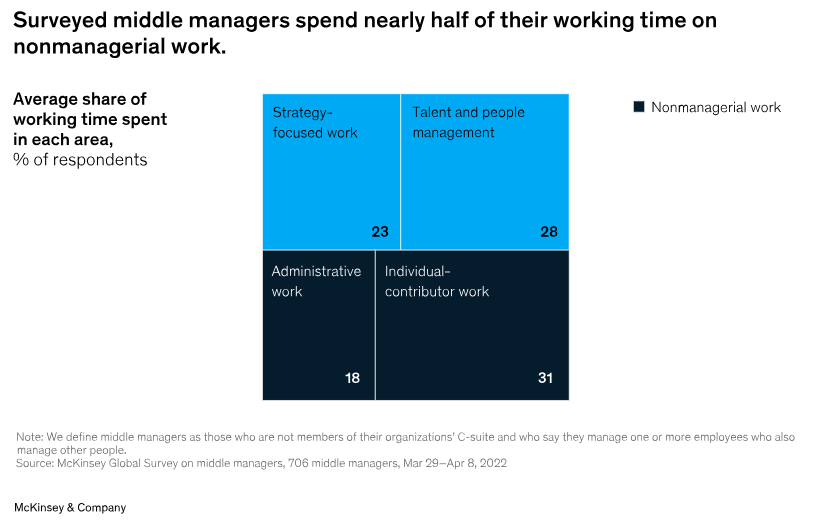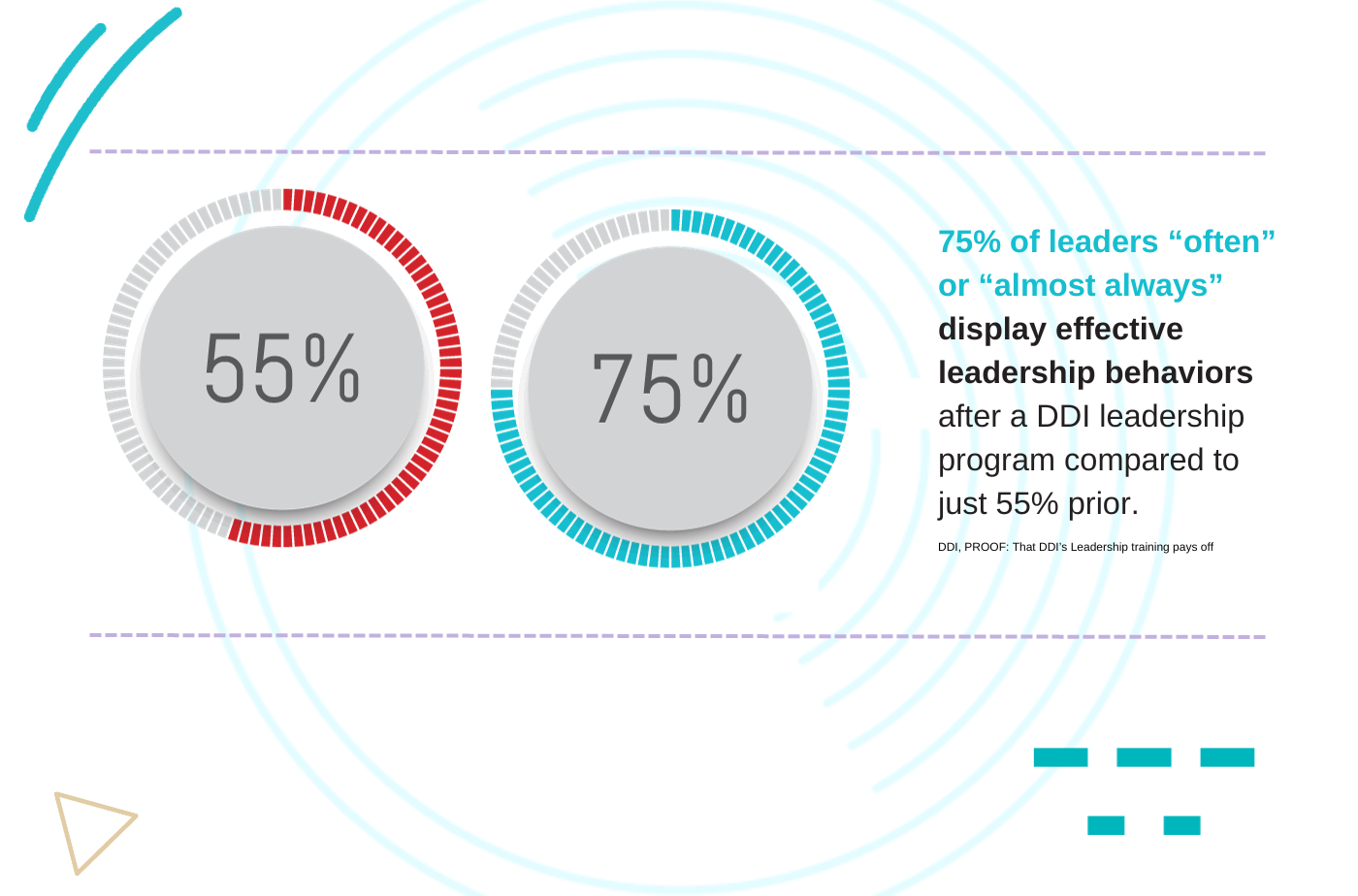Leader and manager development has emerged as the top priority for HR leaders in 2024, as revealed by Gartner's annual HR Priorities survey. This strategic focus on leadership development is driven by the imperative to equip leaders and managers with the skills and capabilities essential for steering organizational success in a rapidly evolving business landscape.
The survey, which encompassed the perspectives of 520 HR leaders across various industries, identified leader and manager development as the foremost priority for the year, underscoring its criticality in the current professional climate.
The imperative to invest in leader and manager development is rooted in the need to address the challenges posed by an unsettled employee-employer relationship, persistent skills shortages, transformative technology innovations, and the pressure to achieve operational efficiencies. To maximize talent and business outcomes, HR leaders are tasked with addressing imperatives such as leader and manager development, organizational culture, and HR technology in 2024.

The survey findings also shed light on the fact that nearly 90% of HR leaders reported that career paths at their organizations are unclear for many employees, and two-thirds stated that these paths are not compelling for a significant portion of their workforce.
This underscores the urgency for organizations to refocus on leader and manager development, as well as career management and internal mobility, to ensure that their leadership pipeline is robust and that employees are equipped with the necessary skills and opportunities for growth and advancement.
Key Aspects of Leader and Manager Development
According to Gartner, more than 75% of HR leaders say their managers are overwhelmed by growing responsibilities, and nearly as many say their leaders aren't equipped to lead change. In this context, managing has become unmanageable, and Gartner recommends that HR leaders focus on three key areas to address these challenges:
Resetting expectations with managers: HR leaders must reset expectations regarding the roles and responsibilities of managers in the modern workplace. This includes empowering managers to make decisions, providing them with the necessary resources, and offering support to help them succeed in their leadership roles.
Rebuilding succession pipelines: Succession planning is a critical aspect of leader and manager development. HR leaders must identify and groom potential successors for leadership positions, ensuring a smooth transition of power and maintaining organizational continuity.
Removing process hurdles: HR leaders should focus on removing process hurdles that hinder managerial effectiveness. This may involve streamlining decision-making processes, improving access to resources, and providing guidance and support to managers.

Providing training and development opportunities: Offering formal training programs, mentorship opportunities, and other development opportunities can help leaders and managers enhance their skills and capabilities, enabling them to drive organizational success.
Fostering a culture of continuous learning: Encouraging a culture of continuous learning and improvement is essential for leader and manager development. This involves promoting a growth mindset, providing opportunities for skill development, and recognizing the value of learning from both successes and failures.
Strategies for Successful Leader and Manager Development Implementation
Effective leader and manager development is crucial for driving organizational success and maintaining a supportive and collaborative work environment. To achieve this, HR leaders must identify skill gaps, provide tailored development opportunities, monitor progress, and promote a culture of continuous learning. However, implementing successful leader and manager development initiatives can be challenging. To help HR leaders and new managers navigate this process, various strategies have been identified in the search results.
Identifying skill gaps: Assessing the current skills of leaders and managers, as well as identifying areas for improvement, is crucial for effective leadership development. This can be done through performance evaluations, 360-degree feedback, and other assessment tools.
“The most successful companies don’t recruit leaders. They grow their own.
Providing tailored development opportunities: Recognizing that different leaders and managers may have unique needs and development requirements is essential for successful leadership development. This can be achieved by offering tailored training programs, mentorship opportunities, and resources to support individual growth.
Monitoring progress and measuring results: Regularly tracking the progress of leaders and managers is crucial for evaluating the effectiveness of leadership development initiatives. This can be done through performance metrics, feedback from peers and subordinates, and other quantifiable measures of success.

Promoting a culture of continuous learning: Encouraging a culture of continuous learning and improvement is essential for leader and manager development. This involves promoting a growth mindset, providing opportunities for skill development, and recognizing the value of learning from both successes and failures.
Leader and Manager Development is a top priority for HR leaders in 2024, as it plays a crucial role in navigating the evolving workplace dynamics and ensuring sustainable business success. Investing in strong leaders leads to improved employee productivity, loyalty, and job satisfaction. Moreover, focusing on leader and manager development can make the manager job more manageable, which is five times more effective than providing managers with more training or skills. By developing a strong sense of culture, HR leaders can align business needs with employees' aspirations, skills, and interests. Companies that prioritize leader and manager development can expect to see enhanced employee engagement, performance, and overall job satisfaction, making it a vital investment for long-term success.
Sources:
- https://www.gartner.com/en/articles/where-hr-will-focus-in-2024
- https://www.gartner.com/en/newsroom/press-releases/2023-11-07-gartner-hr-leaders-survey-reveals-top-two-priorities-in-2024
- https://harver.com/blog/unpacking-gartners-top-5-priorities-for-hr-leaders-in-2024/
- https://www.linkedin.com/pulse/top-5-priorities-hr-leadership-2024-shaun-bartley-mjoec/
- https://www.eane.org/top-hr-priorities-in-2024/
- https://www.reworked.co/leadership/courage-coach-how-to-reset-performance-expectations-for-your-team/
- https://www.linkedin.com/pulse/building-legacy-value-succession-planning-rtg-solutions-group/
- https://www.mckinsey.com/capabilities/people-and-organizational-performance/our-insights/stop-wasting-your-most-precious-resource-middle-managers
- https://business.edx.org/article/six-strategies-to-help-you-implement-leadership-development
- https://www.mckinsey.com/capabilities/people-and-organizational-performance/our-insights/great-attrition-or-great-attraction-the-choice-is-yours
- https://www.culturemonkey.io/employee-engagement/leadership-development-plan/
- https://www.forbes.com/sites/forbeshumanresourcescouncil/2023/04/24/how-to-create-a-company-culture-of-continuous-learning-and-development/?sh=5a33e5f7387d







